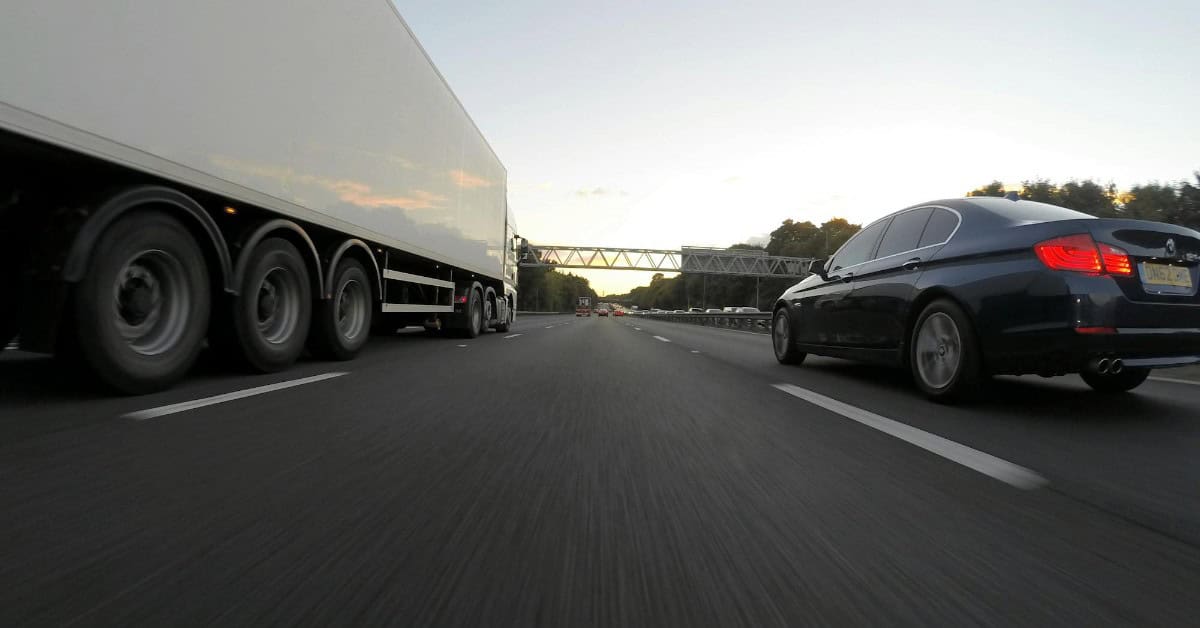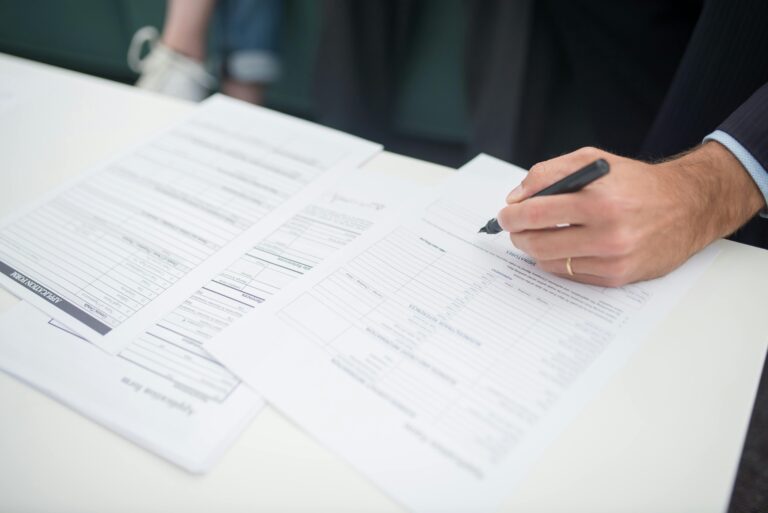How to Protect Your Rights After a Commercial Truck Accident in the Rocky Mountain State

Accidents involving commercial trucks can be particularly severe due to the size and weight of the vehicles. Navigating the aftermath of such an incident requires careful attention to detail and understanding of Colorado laws to protect your rights and ensure fair compensation. Whether you are commuting in Commerce City or traveling through Denver, knowing how to respond after a commercial truck accident can make a significant difference in your recovery process.
Introduction: The Complexity of Commercial Truck Accidents
Commercial truck accidents are often more complex than regular car accidents due to the involvement of multiple parties, such as the trucking company, insurance carriers, and potentially even manufacturers. For drivers in Colorado, understanding these complexities and being prepared for what follows is essential to protecting your rights and obtaining just compensation for any injuries or damages.
Immediate Steps to Take After a Commercial Truck Accident
1. Ensure Safety and Seek Medical Attention
Your first priority after any accident is to ensure your safety and the safety of others. Move your vehicle out of traffic if possible, and call 911 if anyone is injured. Seeking medical attention promptly is critical, even if injuries appear minor, as symptoms may develop later. A medical report will also serve as vital evidence for your claim.
2. Contact Law Enforcement
Reporting the accident to law enforcement is crucial for documenting the incident. A police report provides an official account, detailing facts such as the location, involved parties, and initial assessments of fault. This report is essential when dealing with insurance companies and potential legal claims.
Gathering Evidence at the Scene
1. Collect Important Information
If you are not severely injured, gather as much information as possible at the scene:
- Contact details of the truck driver, including their employer
- Insurance information for both the driver and the trucking company
- License plate numbers and vehicle identification
- Witness contact information
2. Take Photographs
Use your phone to take photos of the scene, vehicle damage, skid marks, and road conditions. Visual documentation can provide strong support for your case, helping to establish the extent of damages and contributing factors.
Example Scenario: A driver in Aurora is involved in a collision with a commercial truck during a rainy morning commute. Photos capturing the wet road conditions, the position of the vehicles, and the damage to both cars play a crucial role in demonstrating how the accident unfolded.
Understanding Liability in Commercial Truck Accidents
1. Multiple Parties Could Be at Fault
Liability in truck accidents can extend beyond the truck driver. Other potentially liable parties include:
- Trucking Companies: If the company failed to maintain the truck or neglected driver training, they could share responsibility.
- Manufacturers: If a mechanical failure contributed to the accident, the manufacturer might be held liable.
- Loading Companies: Improperly loaded cargo can shift and cause the driver to lose control.
2. Comparative Negligence
Colorado operates under a modified comparative negligence system. This means that if you are found to be less than 50% at fault for the accident, you can still recover compensation, but it will be reduced by your degree of fault.
Example Case: A driver in Denver is sideswiped by a commercial truck that veered out of its lane. Investigation reveals that the trucking company failed to maintain the brakes, contributing to the driver’s inability to control the vehicle. In this case, the trucking company may be found liable alongside the driver.
Navigating Insurance Claims and Legal Processes
1. Notify Your Insurance Company
Inform your insurance provider about the accident as soon as possible. Provide them with the details collected at the scene and the police report number. Be cautious when speaking to insurance representatives from the trucking company; it’s best to consult an attorney before making any statements.
2. Consult with an Attorney
Due to the complexity of commercial truck accidents, consulting with an experienced attorney can be invaluable. An attorney can help negotiate with insurance companies, gather additional evidence, and represent you if the case goes to court. This is particularly beneficial in areas such as Broomfield and Westminster, where the legal process can vary and require specific local knowledge.
Key Factors That Influence Compensation
1. The Severity of Injuries
Compensation often correlates with the severity of injuries sustained. Damages may cover medical bills, future treatment, lost wages, and pain and suffering.
2. Evidence of Negligence
Clear evidence showing that the truck driver or another party acted negligently strengthens your claim. For example, logbooks indicating driver fatigue or maintenance records showing skipped inspections can be compelling proof.
3. Insurance Policies Involved
Trucking companies usually carry higher insurance limits than individual drivers, which can mean a greater potential for compensation. However, their insurance companies often have strong legal teams to protect their interests.
Protecting Yourself with Comprehensive Insurance
Accidents involving commercial trucks can lead to significant expenses. While Colorado law requires a minimum level of liability insurance, opting for higher coverage limits or additional options such as uninsured/underinsured motorist coverage can provide added protection.
Conclusion: Taking Steps to Safeguard Your Future
Being involved in a commercial truck accident can be overwhelming, but taking the right steps can protect your rights and financial future. From gathering evidence at the scene to seeking medical and legal support, preparation is key. If you find yourself in such a situation, consulting with an experienced attorney can help navigate the complexities of your claim and ensure a fair outcome.
FAQ
1. Who can be held liable in a commercial truck accident?
Liability can extend beyond the driver to include the trucking company, vehicle manufacturer, or even cargo loaders, depending on the circumstances.
2. What should I do if the trucking company’s insurance contacts me?
It is advisable to speak with an attorney before providing any statements or accepting any settlements.
3. How does Colorado’s comparative negligence law affect my compensation?
You can recover damages if you are less than 50% at fault. Your compensation will be reduced by your degree of fault.
4. What kind of compensation can I seek?
Compensation can include medical expenses, lost wages, property damage, and non-economic damages such as pain and suffering.
5. Should I get an attorney for a commercial truck accident?
Due to the complexity and potential involvement of multiple parties, consulting an attorney can greatly improve your chances of receiving fair compensation.






